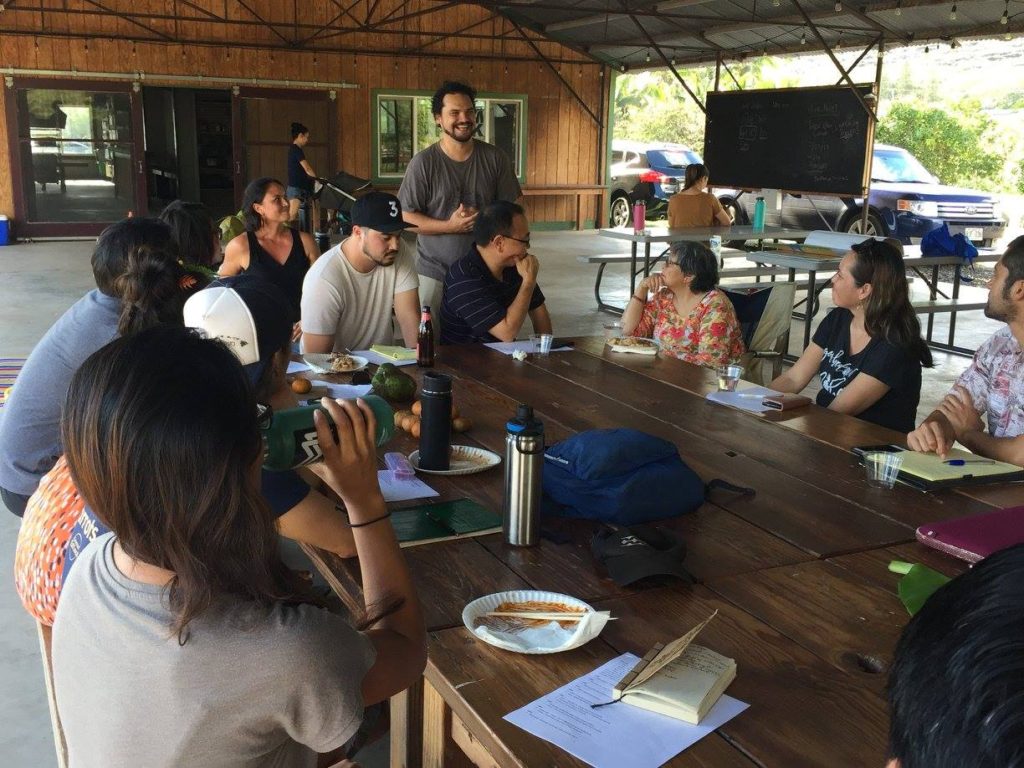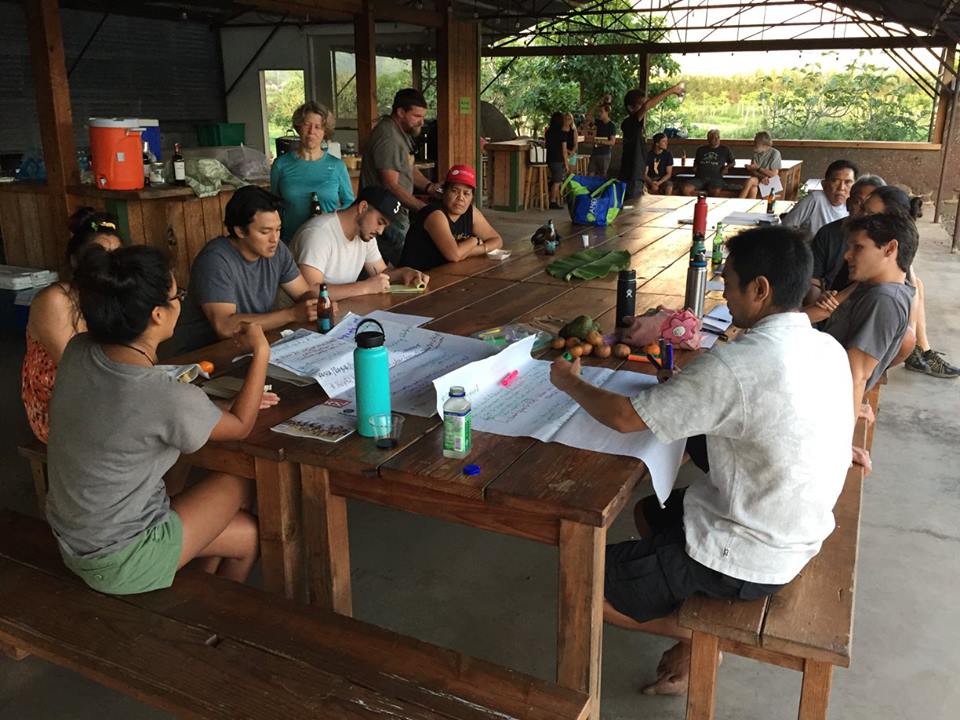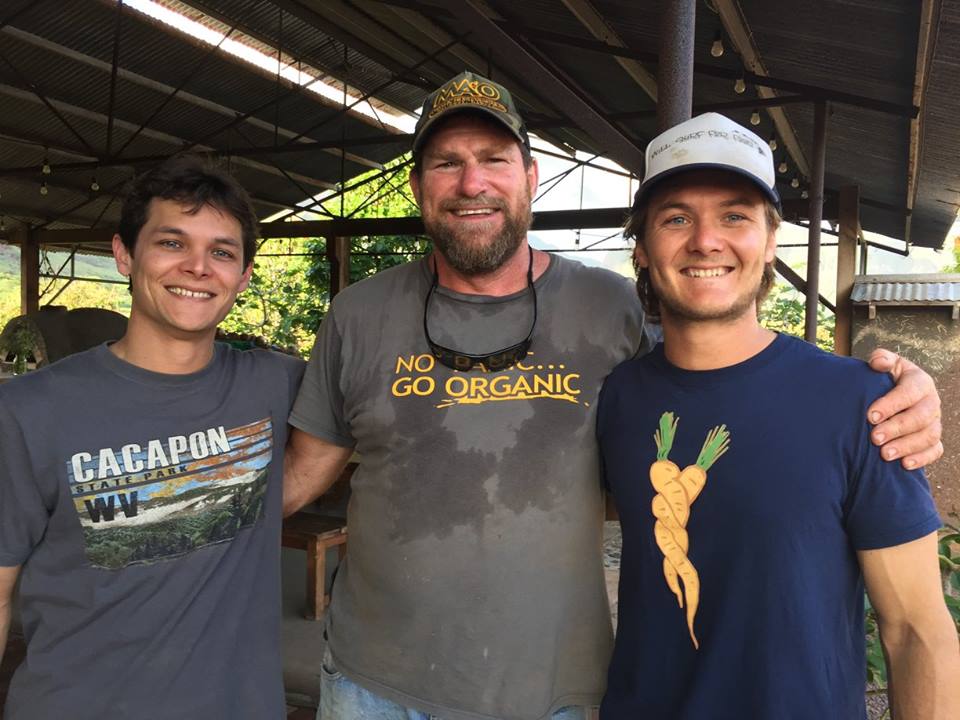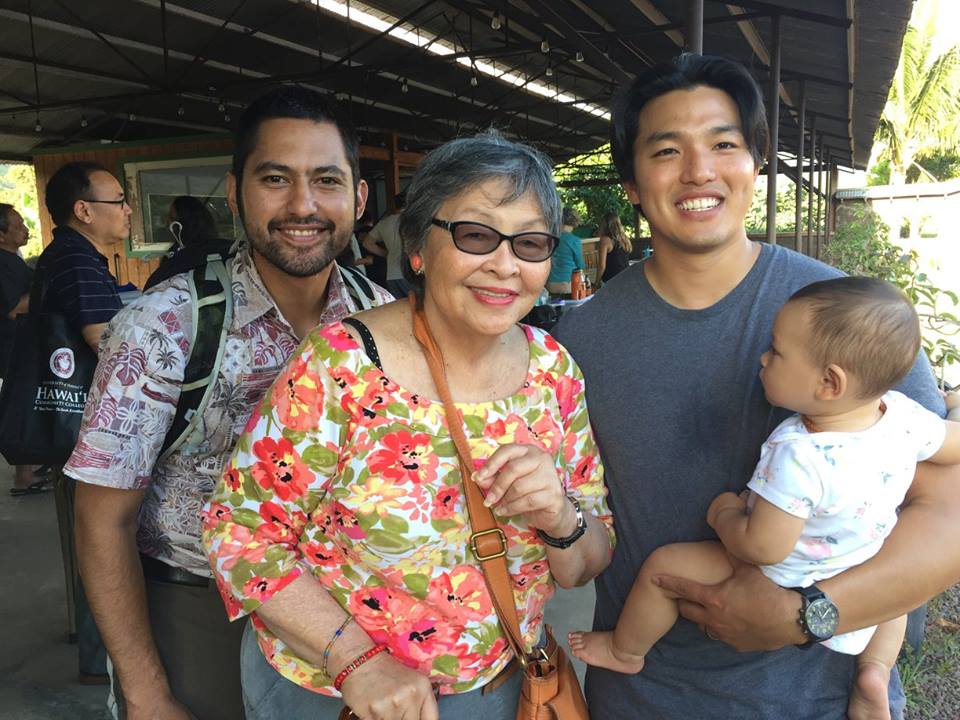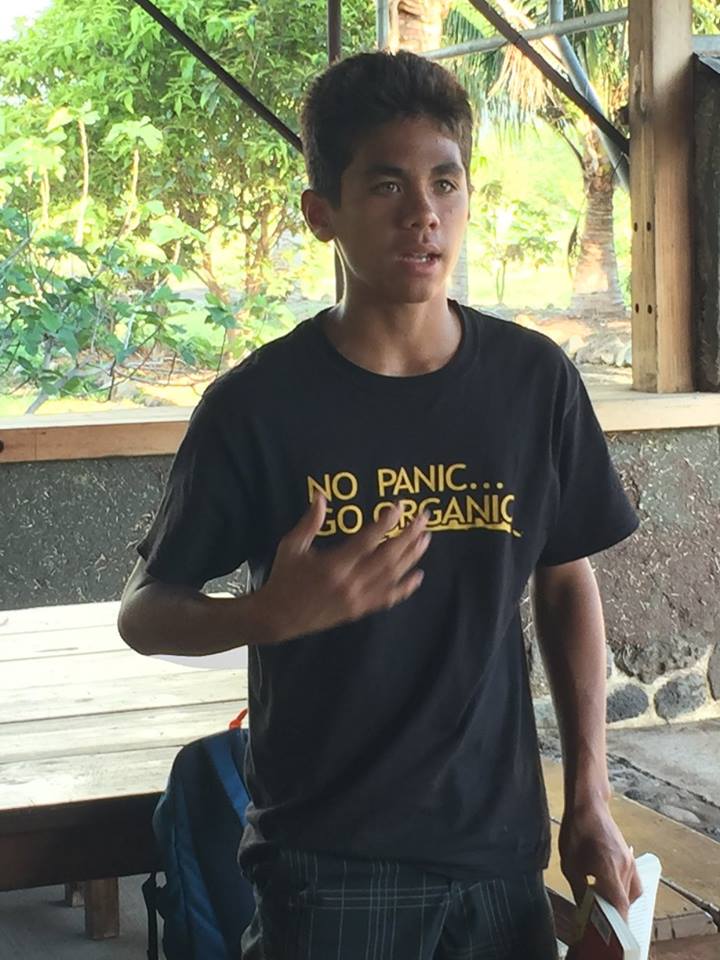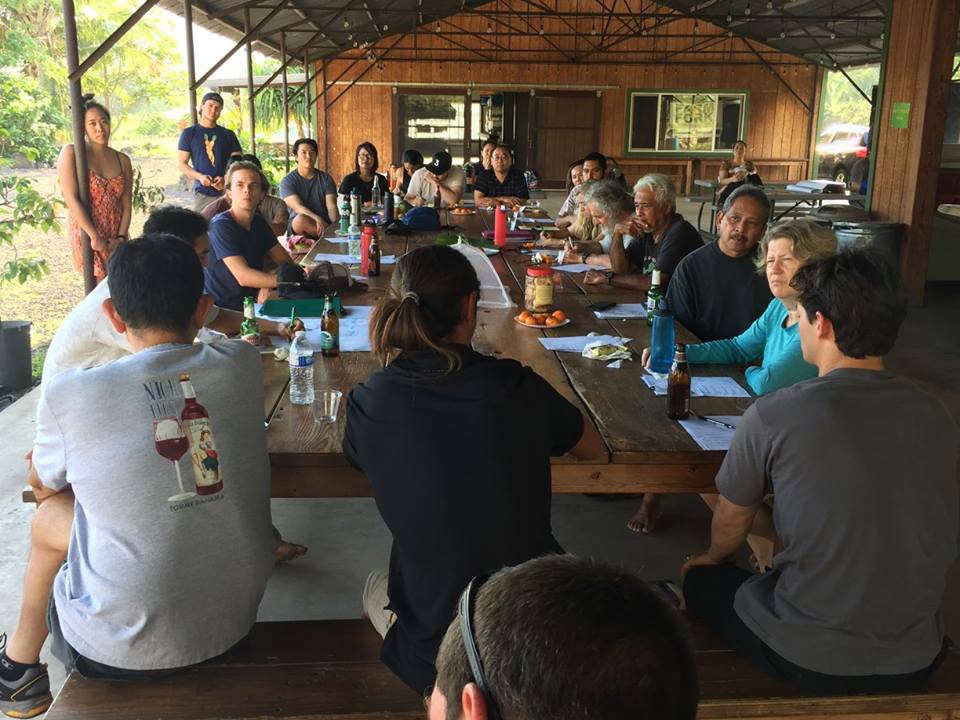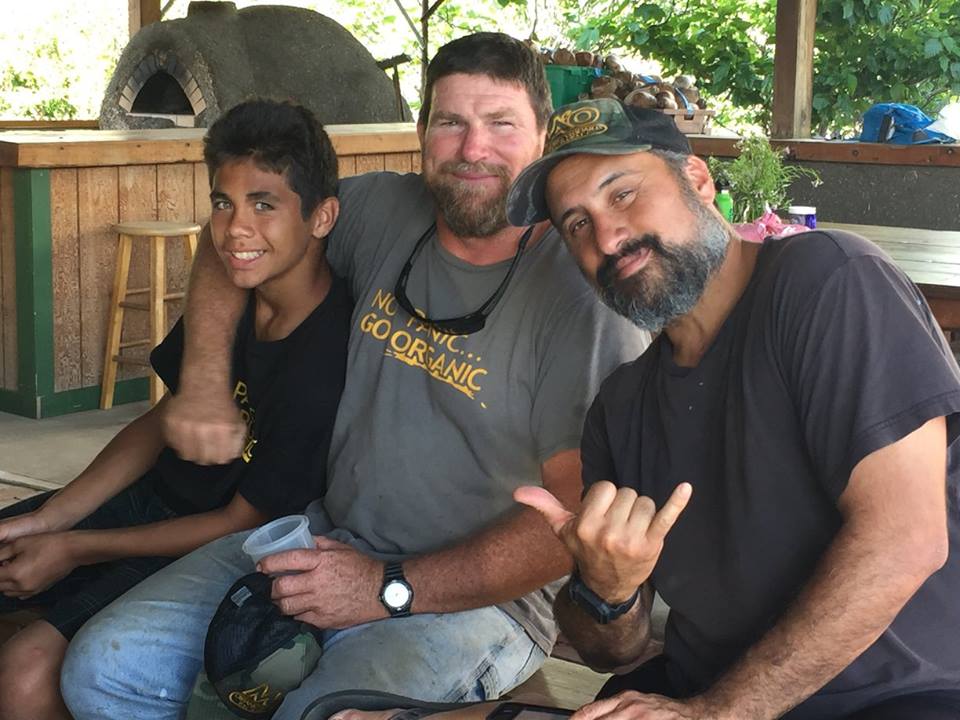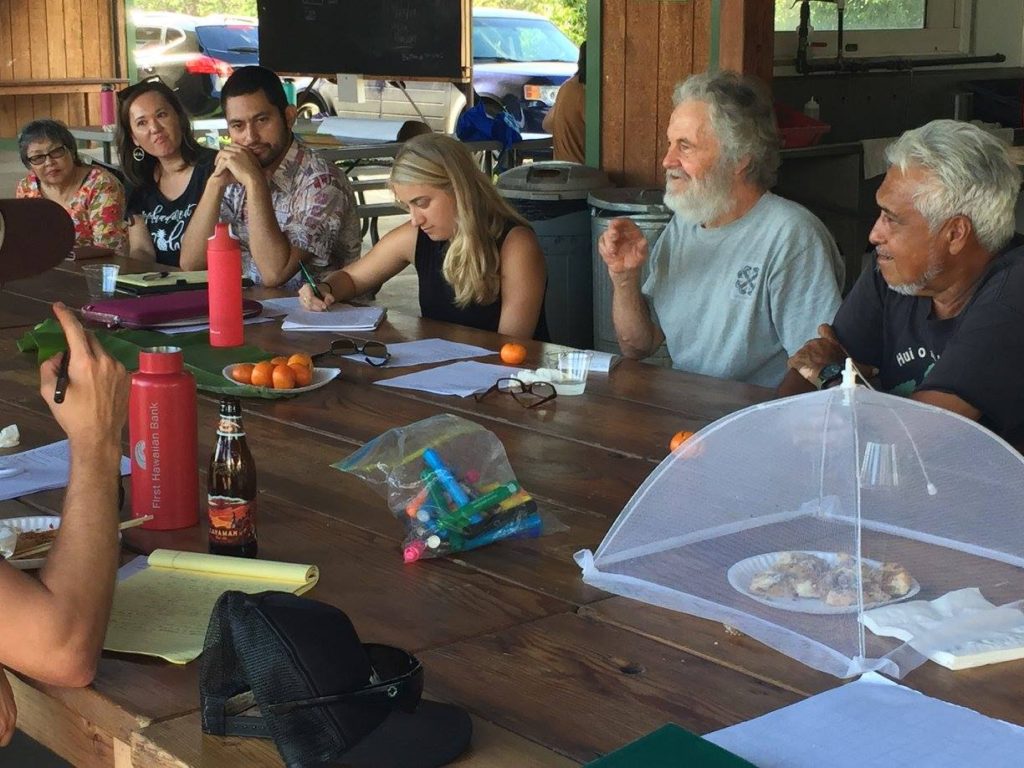Place-Based Mentorship and Transition
The American approach to work often values productivity in terms of outputs and deliverables, and generally, this prevails even in our social justice work. Many of us give of ourselves and sacrifice our time, energy, and other facets of our lives for the cause or to advance the movement. Without some sort of balance and planning on our end, though we could face a harsh reality as we meet our advanced years in life.
How do we as organizations, then, honor the individuals who have accumulated years of valuable experience? How do we build in processes and systems within our workflow to learn from them? These individuals were and are tireless in their work, their advocacy. So the question many of us put off answering is: What will happen when they are gone? How do we create transition and succession plans for them and in turn, a plan for the organization?
As we try to navigate these unknowns, we hear many of our grassroots and community-based partners grappling with the same questions of organizational succession and personal transition. Many of these long-established organizations—“kūpuna,” or elder, organizations—were started by one or a small handful of charismatic activists and leaders whose goal wasn’t to start a nonprofit organization, but to address a need they saw and felt in their communities. They are the pioneers in our work.
To address these and many, many more questions, we are creating spaces for intergenerational dialogue and co-learning. Often, these spaces begin with a simple question: “How do you strive to serve this place?” As younger generations seek guidance as they enter into and navigate this work, our kūpuna are navigating a somewhat different but equally vexing system of questions and doubts, as well as hopes and dreams.
Throughout this process, we are beginning to talk about how we might (and must) recreate traditional mentoring processes.
If you are interested in learning more, feel free to read this Rooflines piece, written by our Executive Director Brent Kakesako. For more information, please get in touch with us at [email protected].

